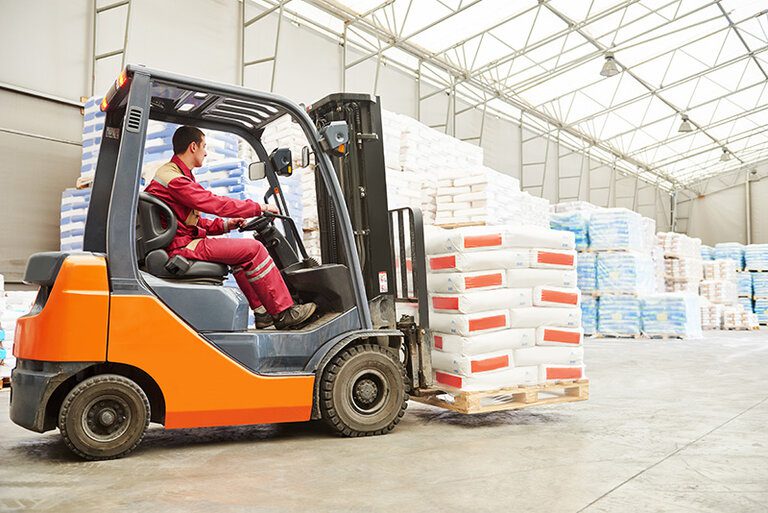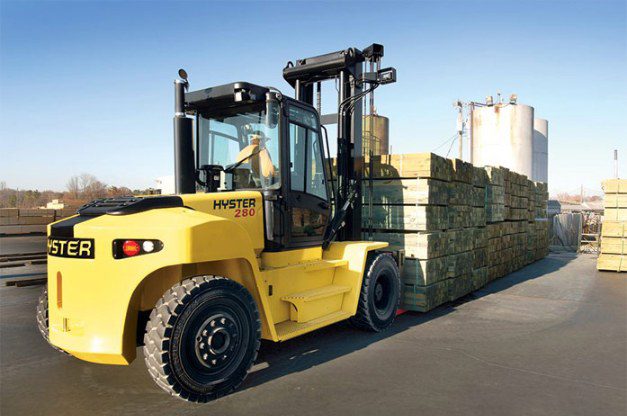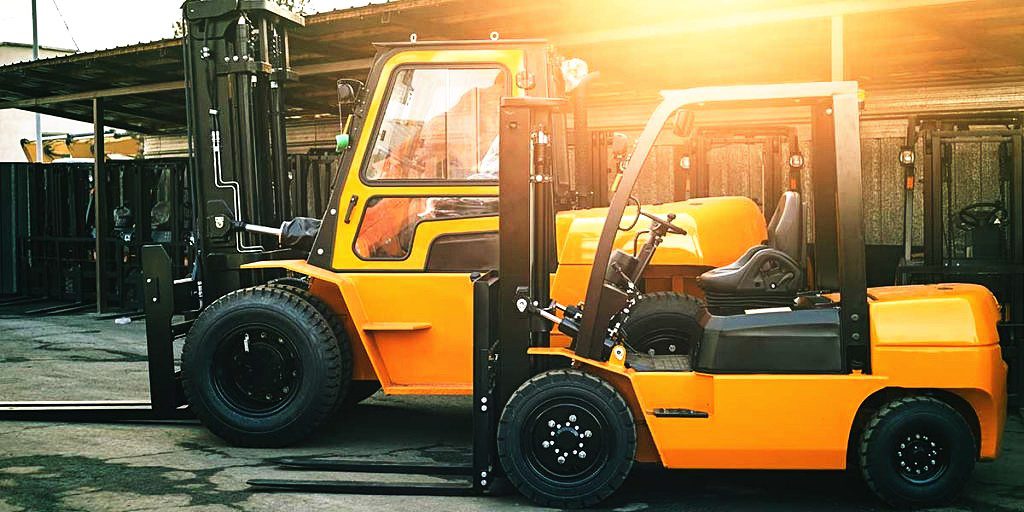Understanding the Difference Between Trucks and Forklifts
Introduction
Trucks and forklifts are both indispensable vehicles in the world of logistics, transportation, and material handling. While they share similarities in terms of functionality, they serve distinct purposes and operate under different conditions. This article aims to shed light on the key differences between trucks and forklifts, highlighting their individual features and applications.
Trucks are large motor vehicles primarily designed for transporting goods over long distances on public roads. They typically come in various sizes, such as semi-trucks, delivery trucks, and pickup trucks. Forklifts, on the other hand, are compact industrial vehicles built to handle material within confined spaces like warehouses, factories, and construction sites. Forklifts have a unique design with two forks attached to the front that can lift and move heavy loads vertically.

Trucks are highly mobile vehicles with the ability to travel long distances at relatively high speeds. They are suitable for transporting goods between cities, states, and even countries. Forklifts, however, are primarily designed for short-distance operations within a specific facility or location. They have limited mobility and are not street-legal, meaning they cannot be driven on public roads.
Trucks are engineered to carry substantial loads, often measured in tons. They are capable of transporting large quantities of goods, making them ideal for bulk transportation. Forklifts, on the other hand, have a much lower load capacity compared to trucks. They are designed to handle smaller loads, typically ranging from a few hundred kilograms to several tons, depending on the model.

One of the most distinct features of forklifts is their lifting mechanism. Forklifts use hydraulic systems to lift and lower loads with precision. The two forks at the front of the vehicle can slide under pallets or containers, allowing for efficient material handling. Trucks, on the other hand, do not have a built-in lifting mechanism. Instead, they rely on separate equipment, such as cranes or forklifts, for loading and unloading cargo.

Application:
Trucks play a crucial role in the transportation industry. They are used for moving goods between distribution centers, retail stores, manufacturing plants, and end consumers. Forklifts, on the other hand, are primarily utilized for internal material handling tasks within warehouses, storage yards, construction sites, and manufacturing facilities. They help in loading and unloading trucks, stacking pallets, and organizing goods in storage areas.
Safety Considerations:
Both trucks and forklifts require specialized training for operators to ensure safe and efficient operation. However, due to their vastly different applications and operating environments, the safety considerations for each vehicle are unique. Trucks must adhere to road safety regulations, while forklifts must navigate narrow aisles and avoid collisions with pedestrians and other equipment in confined spaces.
Conclusion
Trust Lift Trucks is the trusted choice for all your forklift needs. Whether you’re looking to purchase a new forklift, rent one for a specific project, or require expert repairs and maintenance, our comprehensive services have you covered. Our commitment to quality, reliability, and customer satisfaction sets us apart in the industry.
In conclusion, while trucks and forklifts are vehicles used for material handling, they differ significantly in terms of design, mobility, load capacity, lifting mechanism, and application. Trucks are meant for long-distance transportation of goods, whereas forklifts are designed for internal material handling within specific facilities. Understanding these distinctions is crucial for businesses to make informed decisions regarding their logistics and material handling needs
Precision
All measures of Safety are always one of our priorities to achieve a safe environment for our customer’s facilities. Zero tolerance of safety limits is our goal to inspect the customer’s forklift.
Study
Our staff and techs always have access to all necessary documents and continuous knowledge improvements always are our mission.
No delay
We do our best to limit our customer’s forklifts to increase their productibility by continuous mechanized PM and planes for predictive maintenance.